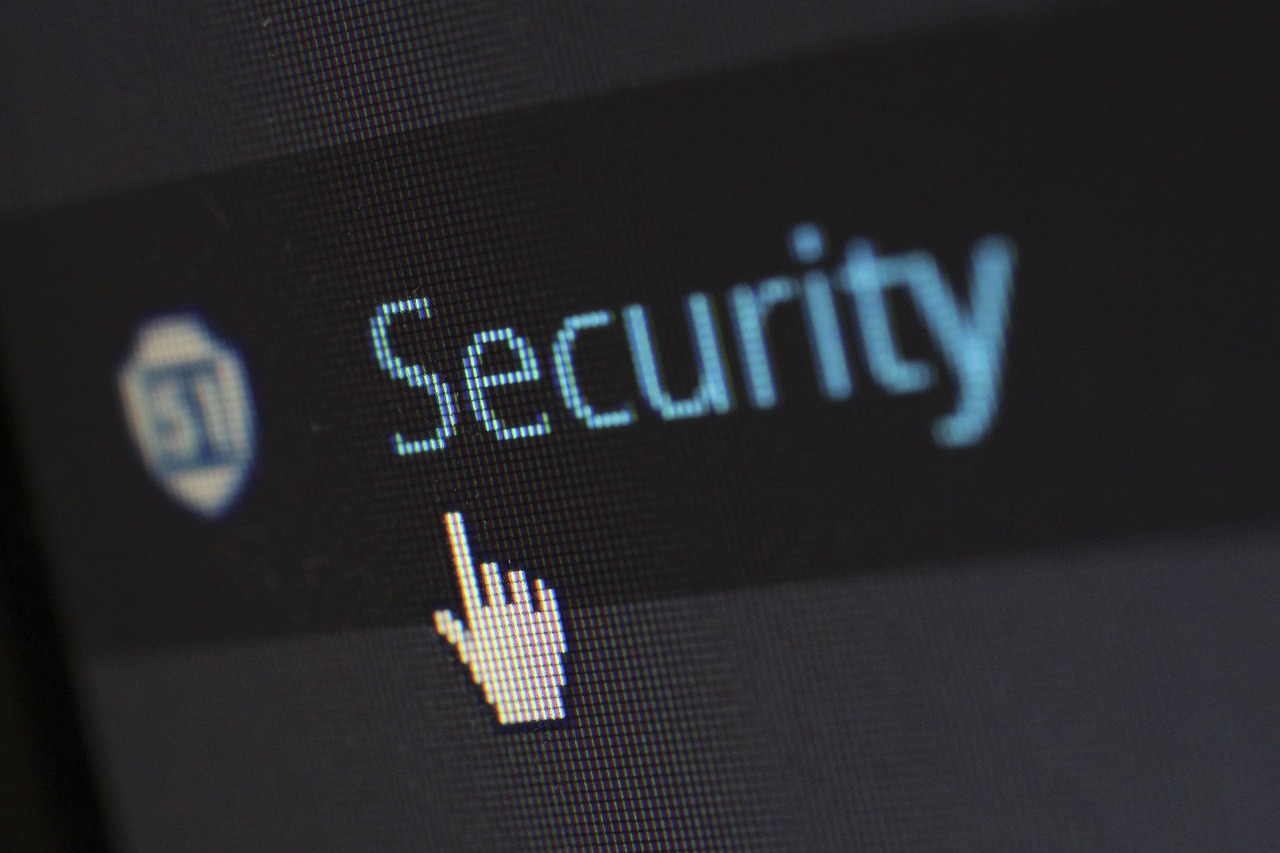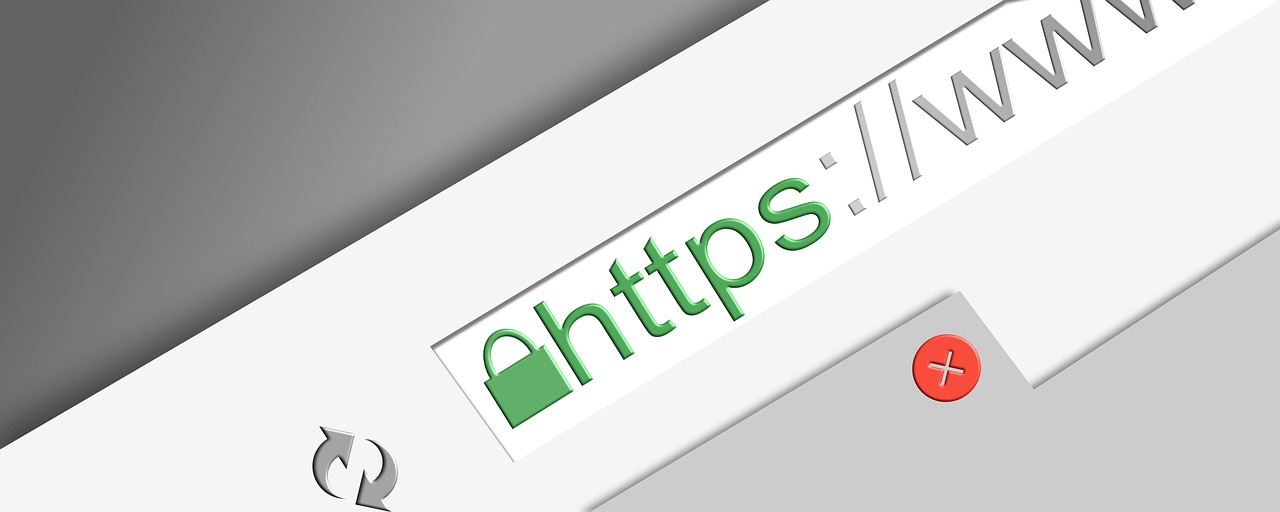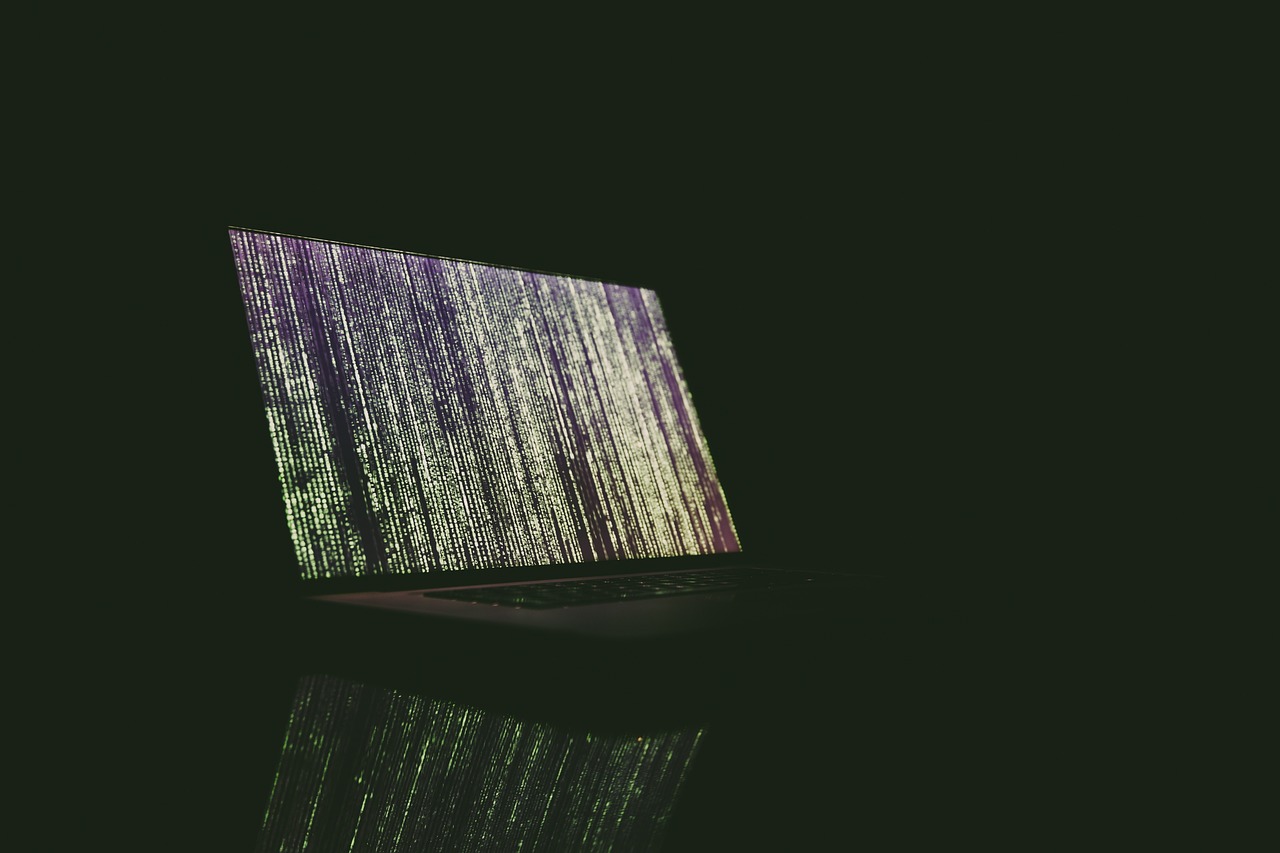
What is VPN?
Virtual Private Network
VPN stands for Virtual Private Network. It is a technology that creates a secure and encrypted connection between a device and a network over the internet. VPNs are used to protect the privacy and security of online activities, especially when using public Wi-Fi or accessing geo-restricted content.
How does VPN work?
A VPN works by routing the device’s internet traffic through a remote server that belongs to the VPN provider. This way, the device appears to have the IP address of the server, rather than its own. This masks the device’s identity and location from anyone who might be snooping on the network.
Additionally, a VPN encrypts the data that travels between the device and the server, making it unreadable for anyone who intercepts it. This prevents hackers, ISPs, advertisers, and government agencies from accessing or tampering with the user’s online data.
Why is VPN important for businesses?
VPN is important for businesses for several reasons:
First, it allows employees to securely access the company’s network and resources from anywhere in the world. This enables remote work, collaboration, and productivity.
Second, it protects the company’s sensitive data from cyberattacks, data breaches, and leaks. This includes customer information, financial records, trade secrets, and intellectual property. By using a VPN, businesses can ensure that their data is encrypted and safe from unauthorized access.
Third, it helps businesses comply with data protection regulations and laws. Many countries have strict rules on how businesses can collect, store, and use personal data of their customers and employees. By using a VPN, businesses can avoid violating these rules and avoid fines or legal consequences.
Most importantly, the IRS prescribes the use of VPN to all Tax and Accounting professionals in their “Security Six” safeguards.
What are its applications in protecting client data?
One of the main applications of VPN in protecting client data is to prevent data theft or exposure. For example, if a business handles sensitive information such as social security numbers, credit card numbers, or other financial information of its clients, it should use a VPN to encrypt this data when transmitting it over the internet. This way, even if a hacker manages to intercept the data, they will not be able to read or use it.
Conclusion
VPN is a powerful tool that can enhance the security and privacy of online activities for both businesses and individuals. It can protect data from hackers, ISPs, advertisers, and government agencies. By using a VPN, businesses can improve their reputation, trustworthiness, and customer satisfaction. For more information and resources on cybersecurity for tax professionals, visit the IRS website at https://www.irs.gov/tax-professionals/protect-your-clients-protect-yourself.
Visit Watch Cloud Cyber Security to learn more about our portfolio of cybersecurity solutions designed for tax and accounting professionals.
Share This Post
Related Posts

Urgent: Cybersecurity Essentials for Tax Pros – Protect Client Data Now!
LinkedIn Facebook Twitter Pocket Reddit Why Cybersecurity is Crucial for Tax and Accounting Professionals In today’s digital age, cybersecurity is not just a concern for

What is SOC: A Comprehensive Guide
Unveiling the world of SOC: Discover its vital role in cybersecurity, explore key components, functions, types, and challenges faced

What is SSL: A Comprehensive Guide
Unravel the intricacies of SSL: its significance, functionality, types of certificates, misconceptions, challenges, and future trends.

What is AES Encryption?
Unveiling the intricacies of AES encryption: Explore its components, strengths, modes, and applications in this comprehensive guide.

Cybersecurity’s Evolution: The Last 10 Years
Explore the remarkable evolution of cybersecurity over the past decade, as technology advances and cyber threats become more sophisticated.

Pingback: “Security Six” (IRS Recommendations for Tax Professionals) - Watch Cloud Cyber Security
Pingback: What is Two-Factor Authentication (2FA)? - Watch Cloud Cyber Security